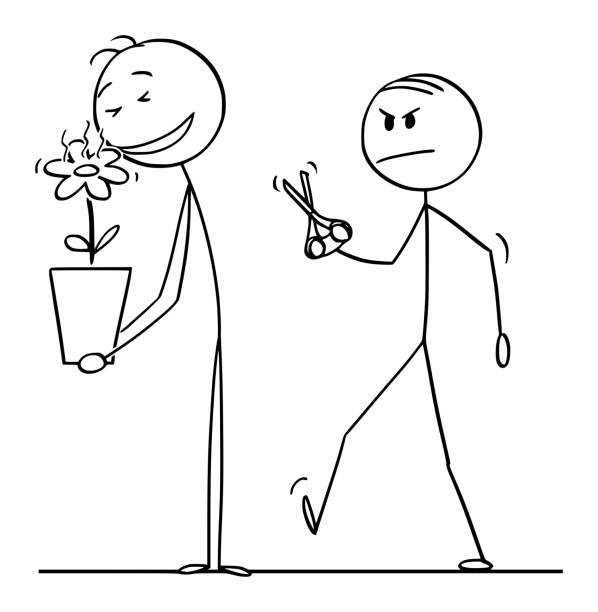Philippians 2:1-8
When our Christian
ancestors left the cities and headed into the deserts in the 3rd and
4th Centuries AD, they truly thought they were fleeing the sins that
weighed them down. But, when they got to their destinations and began building
their new communities, they found that their sins had come with them. The
deadliest of sins, pride, snuck up on them as they patted themselves on the
back for making their escape, for being better and holier for having made their
journey.
While there is a form of
pride that is not a sin—that pride we take in a job well done, that pride in
our children for their accomplishments—there is a pride that sets us above
everyone else…and has us look down on those who have not become what we have,
who don’t have the things we have. This is the pride of self-love. And, this
kind of pride is deadly—robbing us of life-giving relationships and damaging
our relationship with God.
Jesus shows us this pride
in his parable of the pharisee and the tax collector in Luke 18. The pharisee
boasts of his holiness in prayer; the tax collector recognizes his utter lack
before God. Jesus lifts up the tax collector as the hero in the story, as the
one we’re to emulate.
Pride grows out the false
perception that who we are and what we have is all our own doing. We think we
are self-made men and women. Just a moment of thought and reflection reveals
that we did not chose our own genetics; we did not give life to ourselves; we
did not teach ourselves to read, write, and do simple arithmetic; we have not
inspired ourselves. Tens if not hundreds of people have contributed to our
lives. Yes, we may have made the best of what we have, but we are not the
source of what we have.
When we watch the many
music, TV, and movie awards shows (Academy Awards, CMT, etc.), the one
commonality we find in the acceptance speeches of these great, creative,
often-wealthy, amazing people is how many people they give thanks to confirming
that who they are and what they’ve done comes from many people in their lives.
Even they show us that we are not of our own making.
Scripture makes it very
clear—there is no room for pride in the life of Christians. Not only are we
able to come to the conclusions that logic offers above, but we also have the
Scriptures that remind us we are ultimately made by God, created by God. We cannot
be a people of pride—self-love—nor can we be a people of the opposite:
self-loathing. We are not 'everything,' and we are not 'nothing.' We are completely
loved and valuable to God. So, we let go of pride by embracing the middle way
of humility—Christian humility. That is, we recognize who we are before God…who
each and every human being is before God—created by God, loved by God, valued
by God.
Sunday, July 27, 2025
“Seven Deadly Sins Life-Giving Virtues”
Watch/Listen: HERE




